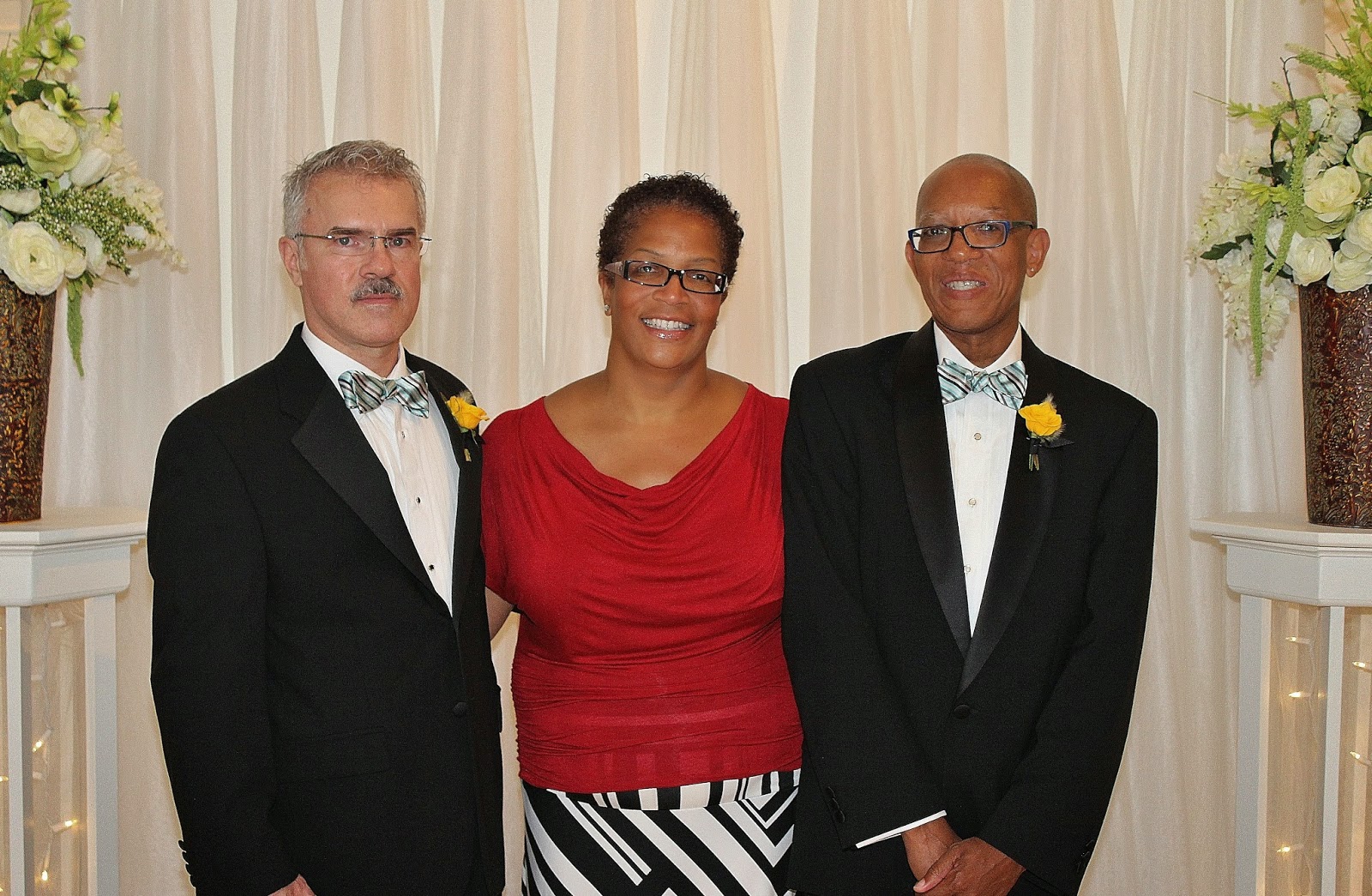Midnight at the Cinema Palace: A Book Review
I was one of the judges for the 2023 Lambda Literary J. Michael Samuel Prize which Christopher Tradowsky won for his novel in progress, “Midnight at the Cinema Palace,” so I was beyond excited when his publicist offered to send me a copy of the now-completed book. I was anxious to see whether the novel lived up to its early promise.
Cinema is one of those books—all too rare in my
humble opinion—in which the journey—not the destination—is the point. Within
its pages, there is no mystery to solve, no star-crossed lovers to root for, no
battles to be won or lost. Instead, reading this novel is like taking a meandering
train trip across a landscape that is at once known and unknown but undeniably
beautiful, in one of those plush 1930s private coaches pulled by a stately
gleaming steam engine: you feel relaxed, slightly outside of time.
This novel is many things: a love letter to San Francisco
and old movies, particularly film noir, and the magnificent palaces they were
once shown in; a questioning of the familiar. It asks its readers to decide
what a life well-lived looks like; encourages the questioning of gender and
gender roles and finally takes a wrecking ball to the idea that attraction, orientation,
is as fixed as a constellation, all while seeming to dare us to disagree. This
is most clearly illustrated through the novel’s central triad—Sasha, Cary and Walter.
At some point they attend a costume party where it is virtually impossible to
tell who is male and who is female, who is straight, lesbian or gay. Later, when
Carey mistakes a duck for a goose, she responds: “Goose or duck, gander or
drake or hen or whatever, it still doesn’t give a damn about the essence of
woman.” Why then should we, she seems to be asking.
Into this novel of questioning and casual absurdity, Tradowsky
drops the occasional searing truth bomb that leaves the reader feeling like Nagasaki
the morning after. As is the case when in the midst of a dinner party taking
place in a Macy’s Christmas window display of all places, at a table lavishly
set and covered by a spectacular tablecloth Sasha has worked on for months leading
up to the holiday in a basement workroom like the miller’s daughter nightly
spinning straw into gold, when Sasha’s boss—a demanding misery who makes Rumpelstiltskin
seem charming—blurts, ![]() "My whole life, I've just loved
beautiful things. Beauty is the only thing I've ever cared about. I'm like
Tosca: Visse d'arte, I've lived for art! But beauty doesn't save a
single life, does it? Beauty never saved one goddamned life."
"My whole life, I've just loved
beautiful things. Beauty is the only thing I've ever cared about. I'm like
Tosca: Visse d'arte, I've lived for art! But beauty doesn't save a
single life, does it? Beauty never saved one goddamned life."
![]()
![]()
![]()
![]()
![]() There is further unexpected truth when
a secondary character’s death is tacked onto the story of his life like a
footnote to a larger, more important story, or rather its inevitable ending, as
all stories of a life must reasonably end in a death: “Walter was crying, a little,
thinking once more how insane it was that someone could exist one day and not
the next. It seemed impossible, a mistake. A bug in the creator’s coding, an
obvious flaw in the design.”
There is further unexpected truth when
a secondary character’s death is tacked onto the story of his life like a
footnote to a larger, more important story, or rather its inevitable ending, as
all stories of a life must reasonably end in a death: “Walter was crying, a little,
thinking once more how insane it was that someone could exist one day and not
the next. It seemed impossible, a mistake. A bug in the creator’s coding, an
obvious flaw in the design.”
Death also acts as a locus point, finally locating the novel
in time—1996—as in this passage sure to resonate with gay men of a certain age:
“The fantasy ended, like all such fantasies about the golden age of disco and
bathhouses, with him wondering if he’d be dead now, too, like Roland and Lawrence,
or dying like so many others.”
The triad—the three protagonists—are simultaneously
fearless, glamourous (the clothes, the hair), adventurous (their shared lives
are like an endless tea-dance with bottomless mimosas and never-ending cups of
coffee); desperate (what are they looking for?); and, directionless, pockmarked by the
dead end retail jobs they work and the production of a line of greeting cards
that is both ill-conceived and senseless, and the writing of a doomed screenplay,
from which the novel borrows its title. Thus, at times Cinema feels
nostalgic—like remembering watching our friends in our reckless, directional
twenties careening carelessly down crooked tracks, often coming off those
tracks altogether while all we could do was watch and listen.
At the novel’s end, at the triad’s dissolution, this passage
haunts: "It seemed that something he had always imagined was inert was in
fact explosive, realizing too late—by placing it too close to the gas range—that
what he'd thought was gunpowder tea was, in fact, gunpowder."
And back to the question I opened the review with: Did this
novel deliver on its early promise? Yes, yes, it did. In spades.




This comment has been removed by a blog administrator.
ReplyDelete